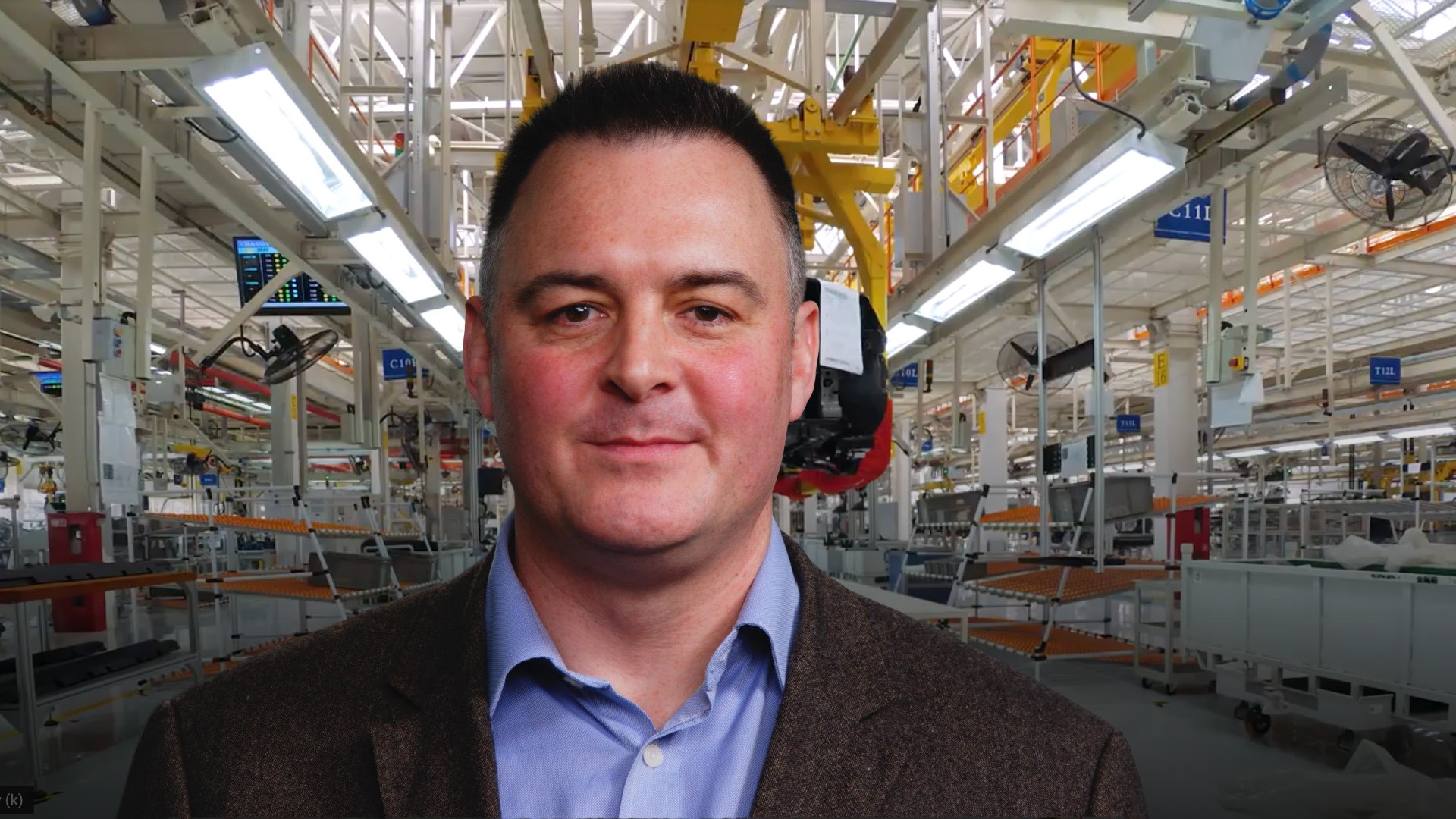
Survival Skills in the 21st Century

Christian Hunt
25 years: Behavioural science & compliance
In previous video of the series, Christian explored why traditional models might not best serve our needs, in all cases. In this video, he will introduce potential solutions.
In previous video of the series, Christian explored why traditional models might not best serve our needs, in all cases. In this video, he will introduce potential solutions.

Survival Skills in the 21st Century
7 mins 4 secs
Key learning objectives:
Define the four skills we will need to continue to progress
Overview:
An understanding of where models can go wrong always requires that we obtain the skills necessary to make this judgement. These skills include critical thinking, use of technology, understanding of people and thinking about purpose.
What are the skills we need to progress in the 21st century?
- Critical thinking
- In an era where misinformation is easily disseminated, the prevalence of the term “Fake News” serves as a warning that we can’t necessarily rely on trusted sources to tell us the truth.
- Past experience might prove little guidance to the future, we need to be cautious about the data we’re using to make decisions. Whether data used by humans to make judgement calls, or data used by algorithms to process decisions. To some extent, we may need to unlearn what we’ve previously been taught. Those of us in senior positions might consider adopting innovations like “reverse mentoring”, where senior people are mentored by junior people.
- Technology
- As machines take over tasks they can perform better than we can, we’ll need to have a better understanding of what they are doing and the limitations that brings. For some of us, that’ll mean becoming coders. For the rest of us, a knowledge of what the machines have been programmed to do and therefore when they might come to the wrong decision, will suffice.
- As machines take over more of the decision-making, they’ll be relying on data from past experiences. Those experiences might not be relevant to the future. The data-sets that we have are biased towards men, as they generally consist of male experiences rather than female experiences. Let alone all the other attributes I could mention.
- Understanding of people
- We’ll need to understand what drives human decision-making because, as the machines take over more of the routine tasks that they excel at, we’ll be spending our time doing the things the machines aren’t so good at. Things that involve judgement, nuance and emotional intelligence. On the one hand that reduces risk, but it also increases it. We’ll be reducing the risk of human error on repetitive tasks, but people will be spending more time on cognitively challenging activities. These are the very things we do well, but also where we’re most likely to crystallise what I call “Human Risk”. By that, I mean the risks posed by human decision-making.
- New way of thinking about purpose
- As social trends, working patterns and the types of jobs we are doing evolve, we’ll need to think differently about how we value ourselves and others.

Christian Hunt
There are no available Videos from "Christian Hunt"

